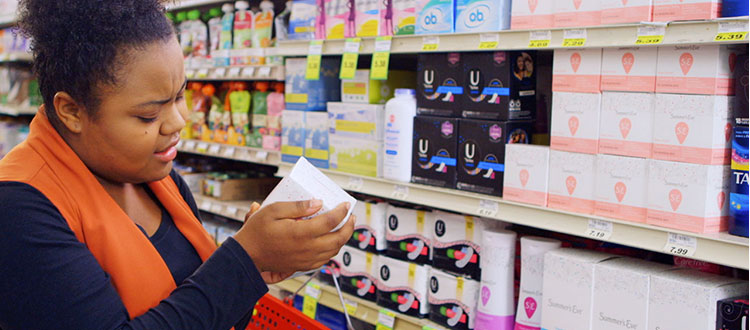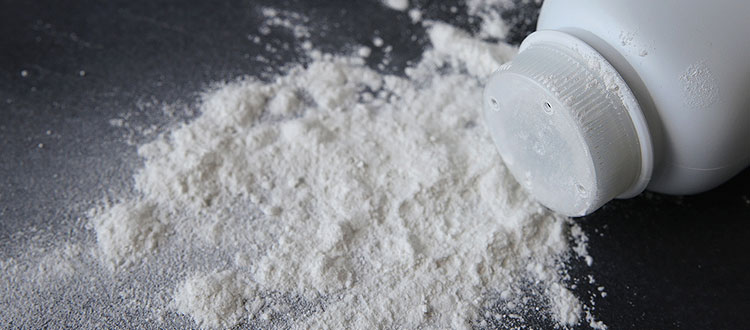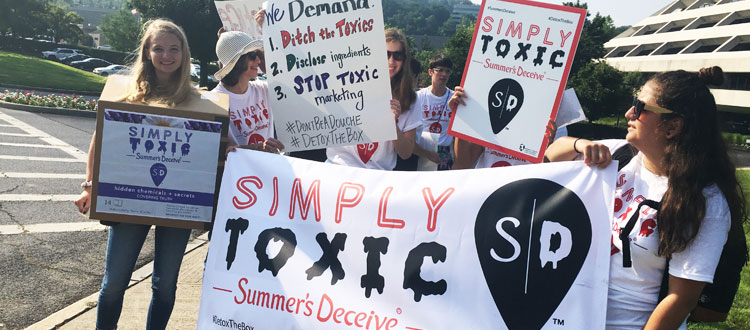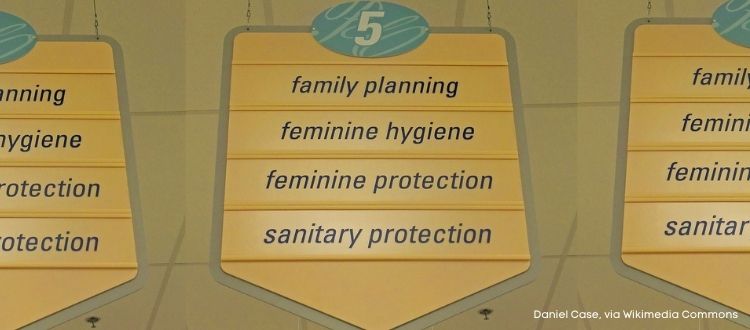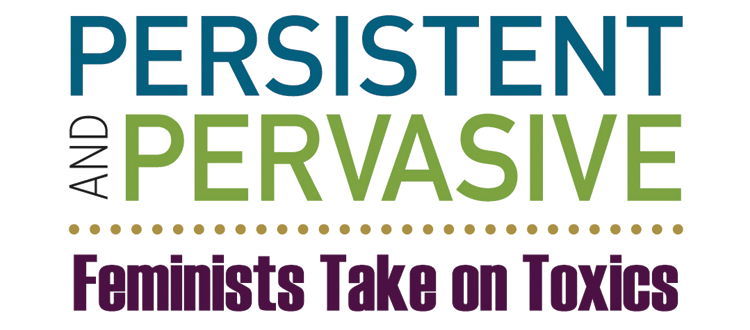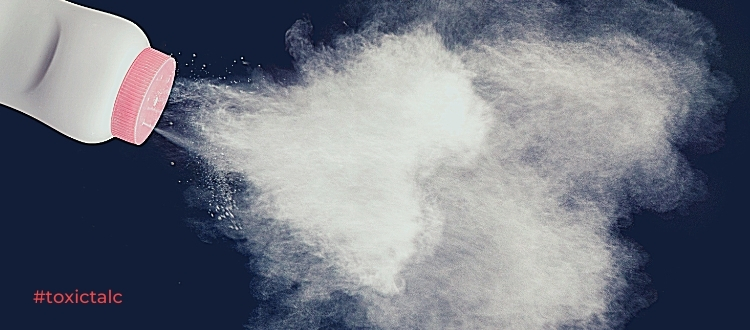The Problem
Makers of intimate care products often market their products as a ‘must-have’ for both health and self-image. The chemicals used in their wipes products, however, belie marketing messages that tell people they need wipes in order to feel fresh, clean and confident. Wipes, washes, douches, sprays and powders can contain ingredients that put people’s health at risk, including:
- Vaginal Wipes: Hazardous ingredients may include methylchloroisothiazolinone, methylisothiazolinone, parabens, quaternium-15, DMDM hydantoin, iodopropynyl butylcarbamate, Triclosan and unknown fragrance chemicals. Exposure concerns include cancer and endocrine disruption. Studies link wipe use to allergic rash.
- Vaginal Washes: Hazardous ingredients may include unknown fragrance chemicals, parabens, methylchloroisothiazolinone, methylisothiazolinone, DMDM hydantoin, D&C Red No.33, Ext D&C Violet #2, and FD&C Yellow #5. Exposure concerns include endocrine disruption, allergic rash, and asthma.
- Douches: Hazardous ingredients may include unknown fragrance chemicals and the spermicide octoxynol-9. Studies link douche use to bacterial vaginosis, pelvic inflammatory disease, cervical cancer, low-birth weight, preterm birth, HIV transmission, sexually transmitted diseases, ectopic pregnancy, chronic yeast infections, and infertility.
- Vaginal Deodorants (sprays, powders & suppositories): Hazardous ingredients may include unknown fragrance chemicals, parabens, asbestos-contaminated talc, and benzethonium chloride. Exposure concerns include reproductive harm, cancer, endocrine disruption and allergic rash.
Women of color are disproportionately impacted by the harmful and unwanted chemicals in intimate care products. Data compiled by the National Health and Nutrition Examination Survey (NHANES) indicate that on average Black and Latinx women use intimate care products at higher rates than white women. Companies continue to market products like washes, wipes, douches, powders and sprays more aggressively to women of color, putting their health at heightened risk of toxic exposures and adverse long-term health impacts.
Bottom line: However we choose to take care of bodies, products should never put our health at risk. Product manufacturers must take responsibility for making products as safe as possible now, for people who use them.
For additional information on period care products like tampons, pads, menstrual cups and period underwear, see our period health resources here.




